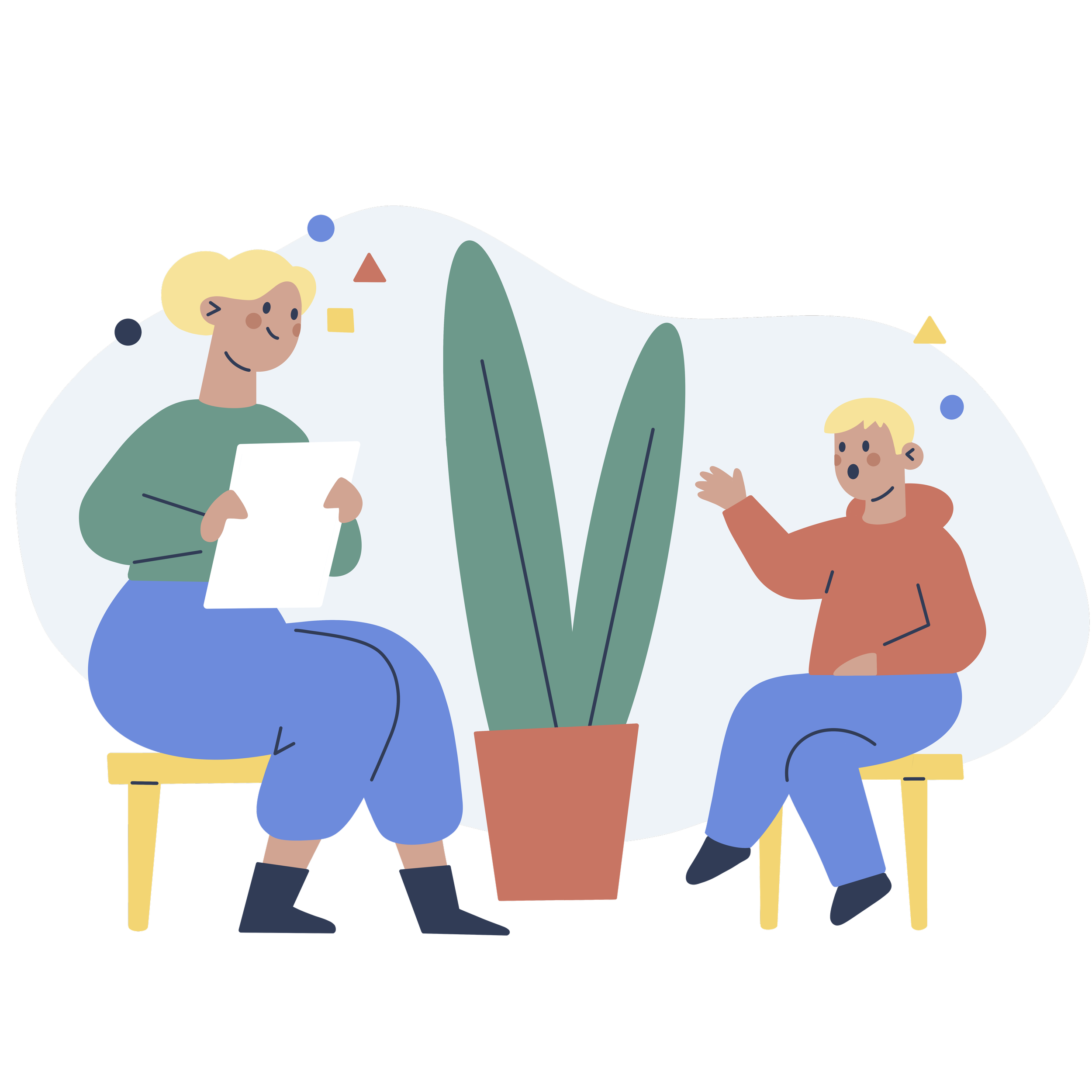Our Services
Our licensed speech-language pathologists provide experienced care for nearly all communication disorders across the lifespan. Get matched with one of our licensed and ASHA-certified therapists today!
Speech Sound Disorders: As children learn to talk, they may say some sounds incorrectly. For example, a child may say wed instead of red. Children who have not learned these sounds by their expected age of development may have a speech sound disorder.
Aphasia: Aphasia is an acquired language disorder that occurs as a result of damage to the brain. Those with aphasia may have difficulty speaking, reading, and understanding verbal or written language.
Language Disorders: Most children acquire language in the same way, but not at the same rate. This means that some children are early to talk and understand language, while others have difficulty listening and appropriately communicating.
Stuttering and Disfluency: A disfluency is an interruption in the flow of speech. Individuals who stutter may repeat portions of words (repetitions), stretch sounds in a word (prolongations), or have difficulty getting words out (blocks).
Autism Spectrum Disorder: People with autism face communicative and social challenges. Some individuals with autism may communicate verbally, while others may require an augmentative or alternative communication system. Individuals with autism often have difficulty identifying social cues and making conversation.
Dysarthria: Dysarthria is a motor speech disorder in which the muscles necessary to produce speech are weakened, paralyzed, or damaged as a result of disease or brain damage. Dysarthria can be mild or severe and co-occur with other speech and language disorders.
Augmentative and Alternative Communication: People with severe speech or language issues may need to find alternative means of communication besides talking. There are multiple augmentative and alternative communication systems that these individuals can use.
Literacy: Some children have trouble with early reading and writing skills. Early literacy may be impacted by skills related to speech and language. Children who have or had a language delay are more likely to experience reading difficulties.









